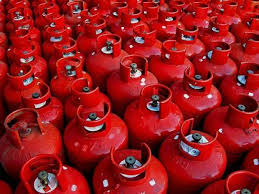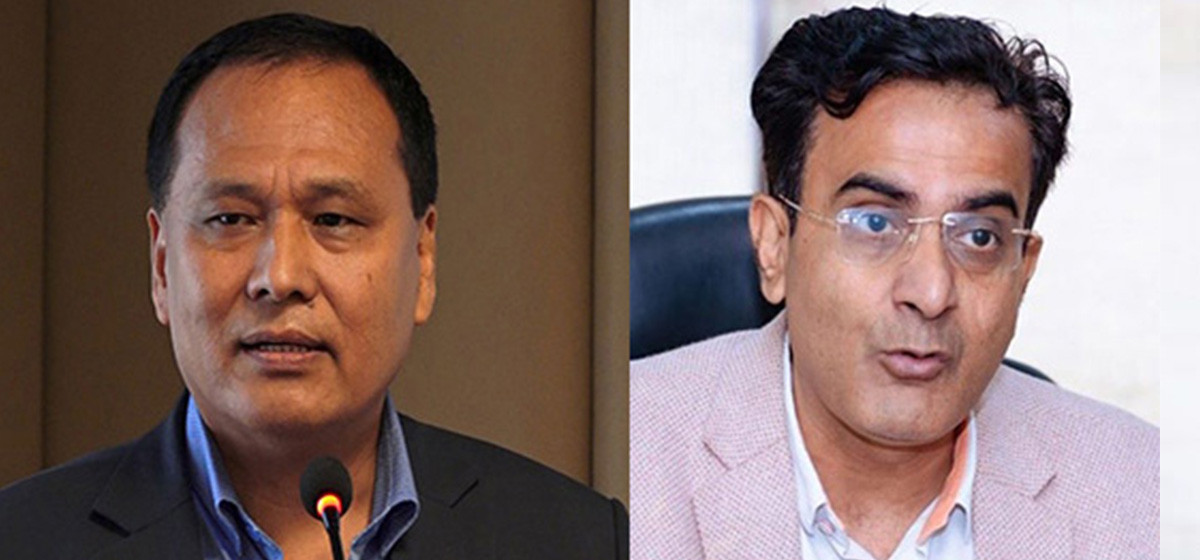KATHMANDU, Dec 18: The Nepal Electricity Authority (NEA) has expressed its inability to supply electricity to the industrial areas during peak evening hours citing its inability to import electricity in the stipulated time from India amid a decline in the domestic production in winter.
The NEA officially announced on Tuesday that it will curb power supply to the manufacturing sectors. The state-run power utility however has ruled out load shedding in the household sector.
NEA Spokesperson Chandan Kumar Ghosh said the NEA is at a critical point where power cuts are unavoidable. According to him, the disruption in power supply to industries will begin within a week to 10 days. “We have been facing problems in maintaining a smooth supply of electricity for almost a month,” Ghosh said.
As most of the hydropower projects across the country are run-of-the-river in nature, Nepal faces a heavy decline in the production of electricity in its hydropower projects with the onset of winter. The NEA has projected production of just 1,100 MW of electricity during winter this year, despite having a total installed capacity of 3,200 MW across the country.
12 industries start paying arrears in installments after power...

Ghosh added that the production capacity of the domestic hydropower plants has dropped by one-third with the onset of the winter season due to a massive fall in water levels in rivers. “As electricity import during the peak-hour from India is also not on par as we expected, we are left with no other option.”
The NEA has attributed the disruption in power supply in industries mainly to the floods and landslides caused by heavy rains in late September. The natural disaster had damaged several hydropower projects, including the 456 MW Upper Tamakoshi.
Delay in reconstruction of the mega hydropower project has strained power availability during peak hours. The NEA estimates that the project may be restarting its production partially by December 25, however power cuts might persist even after restoration, according to the NEA.
Last month, India consented to allowing Nepal to import up to 654 MW of electricity from the southern neighbor. However, India has allowed Nepal to purchase electricity only for 20 hours a day by imposing restrictions to provide electricity during peak evening hours from 5 pm to 9 pm.
Industrialists have slammed the NEA for its decision to curb power supply to the manufacturing sectors. According to the industrialists, they have already suffered from the unannounced load shedding and will have to sustain further financial losses in their businesses.
Rakesh Surana, president of Chamber of Industries, Morang, said a number of production units in Sunsari-Morang Industrial Corridor have already been under two hours of load shedding each morning and evening almost every day. According to him, the industries have been unable to operate at their full capacity due to this reason.
Industrialists said the NEA has already started load shedding as high as eight hours a day since the past one week. “In addition, the industry that needs up to 20 MW of electricity per day is getting as low as 5-7 MW of power supply,” said Anupam Rathi, president of Morang Merchant’s Association.




































